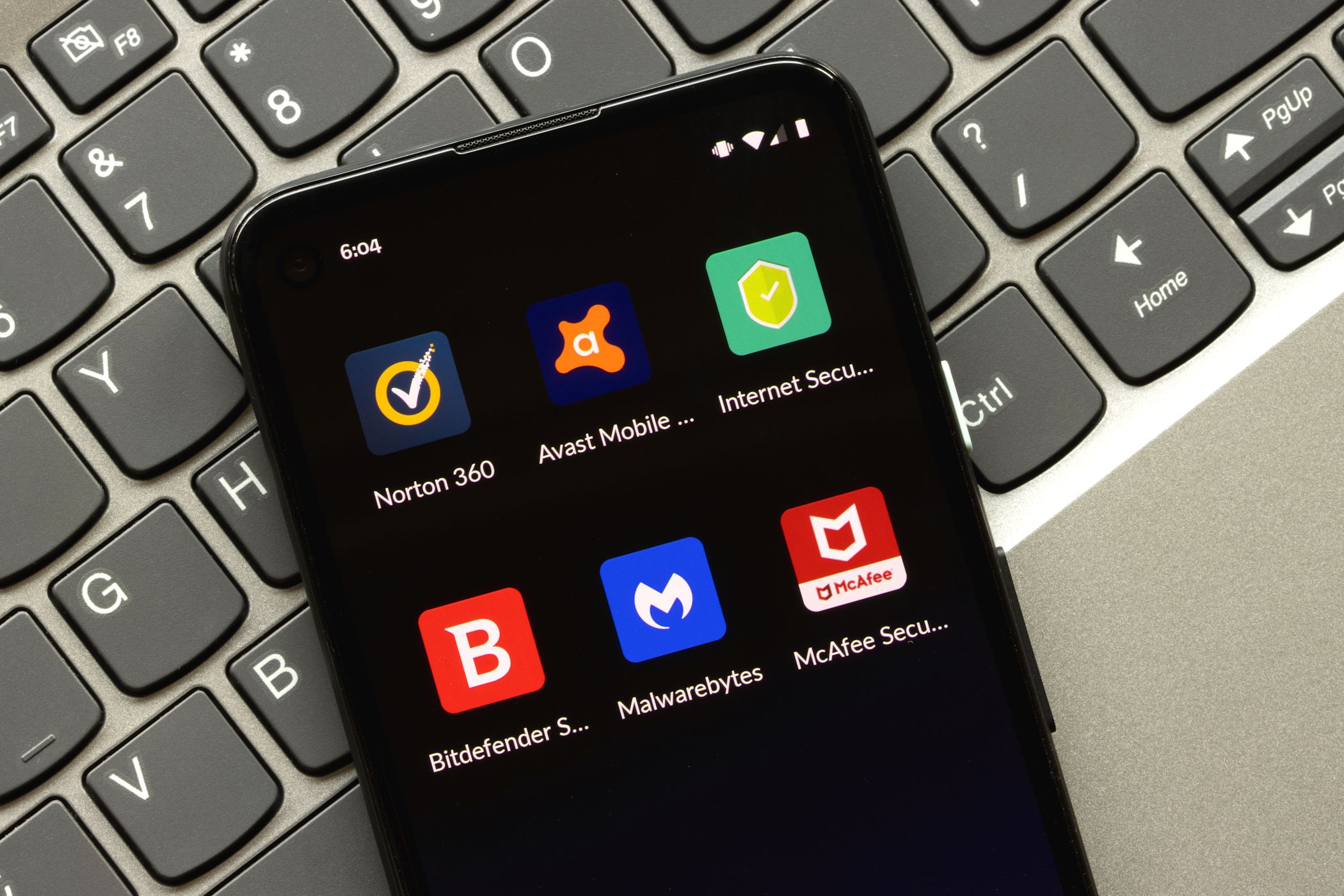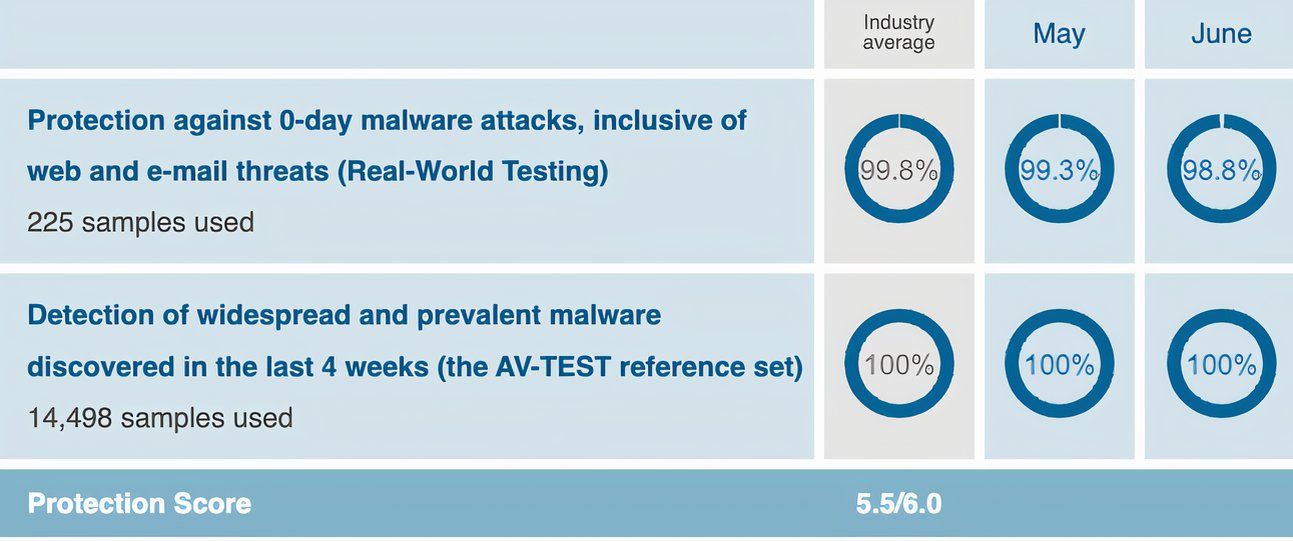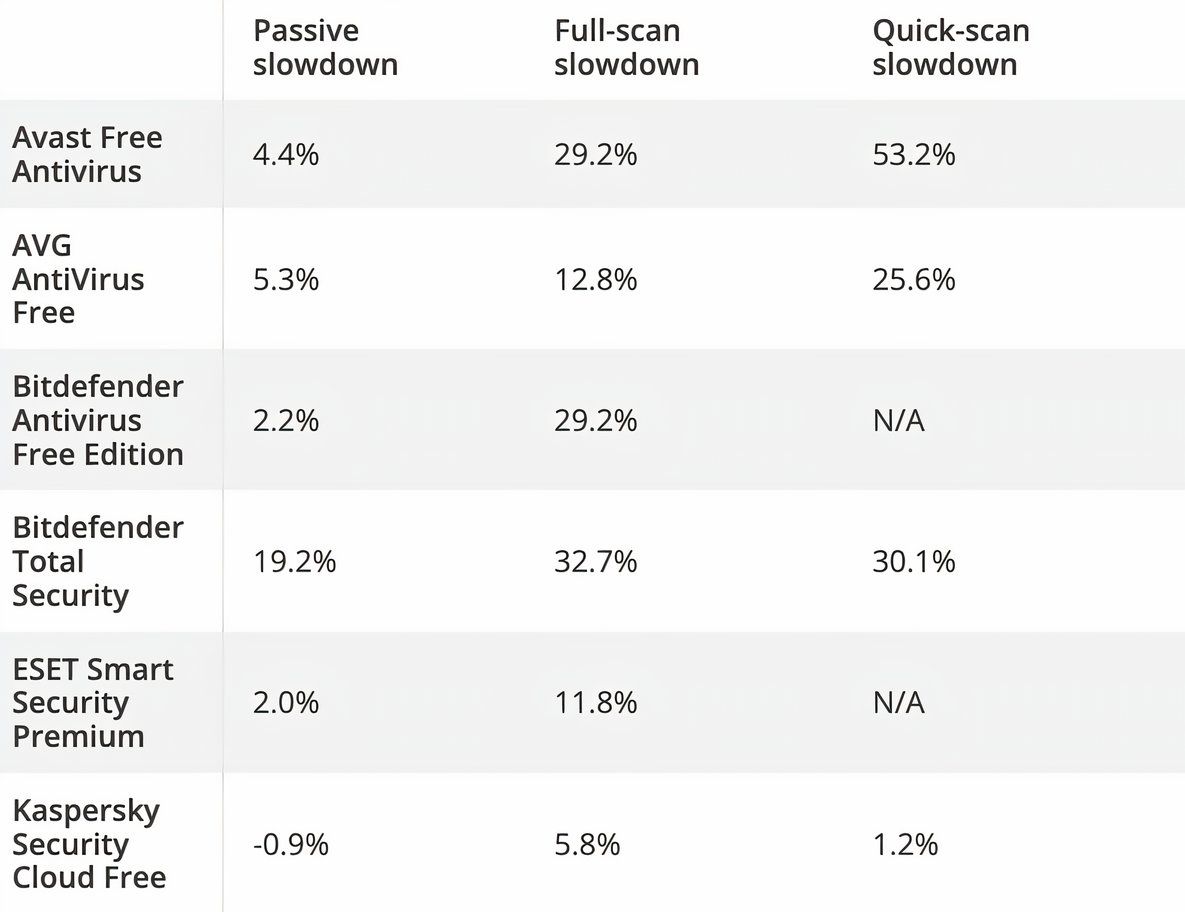Key Takeaways
- Microsoft and Apple devices have effective built-in antivirus protection (Windows Defender and XProtect), making paid antivirus software unnecessary.
- Purchasing antivirus software may slow down your computer’s performance, with popular brands impacting speed to varying degrees.
- Antivirus software with high privileges can make your computer more vulnerable to hackers, potentially risking your data.
We all know that an antivirus is a vital defensive tool used to prevent malware from infecting our computers. So, naturally, I thought that by purchasing an antivirus tool, I was enhancing its capabilities and keeping data even safer.
You might be surprised at what I found out.
My Device Already Has Built-In Antivirus Software
It doesn’t matter which device I’m using, my MacBook Pro or ThinkPad; both of these devices come with their own built-in antivirus software. Apple products are protected by XProtect, while Microsoft uses Microsoft Defender Antivirus. But just because these devices have built-in antivirus protection, does it mean they’re as effective as the antivirus I paid for?
It turns out that they are.
AV-Test, an independent security company, runs tests comparing the most effective antivirus software. AV-Test’s May/June 2024 roundup (its most recent at the time of writing) found that Microsoft’s Defender Antivirus identifies and protects against 100% of widespread malware found in the last four weeks. AV-Test and other major independent companies rate Windows Defender as one of the best antivirus on the market.
Paying for antivirus software such as Bitdefender, Malwarebytes, or McAfee Total Protection won’t necessarily make your computer safer. Built-in Microsoft and Apple antivirus software are just as effective. Generally, when you purchase antivirus software, you’re not improving the antivirus itself, but rather, you’re paying for additional tools such as dark web scanning, password managers, or VPN access.
For example, when I purchased McAfee’s antivirus software, I was given identity theft coverage, personal data scanning tools, a VPN, and identity monitoring services.
It Slows Down the Computer’s Performance
Apart from offering a redundant service, paying for antivirus software actually slowed my computer down. How slow your computer becomes due to using an antivirus service depends on the software you use.
Here is a list of popular antivirus software and how much they slow your computer down by:
You may not notice the antivirus slowing down your computer, but even still, do you want the slowdown of computer performance to be caused by something you’re paying a monthly fee for?
You Make Your Computer More Vulnerable
Ironically, a program designed to keep you safe could jeopardize your data. Antivirus software requires a high level of privilege to run. Should hackers gain access to your system through flawed antivirus software, they will be the king of the castle. Hackers with high-level privileges can more easily wreak havoc on your system than those with lower-level privileges.
I was annoyed at first to learn that my paid antivirus software wasn’t necessary, but I was also relieved that I’d be able to save money by using a built-in antivirus that was just as safe—if not safer—than the paid antivirus. While paying for antivirus software isn’t necessary, if you’re looking for added security features such as VPN, dark-web scanning, and password manager, you may consider paying for antivirus software.




